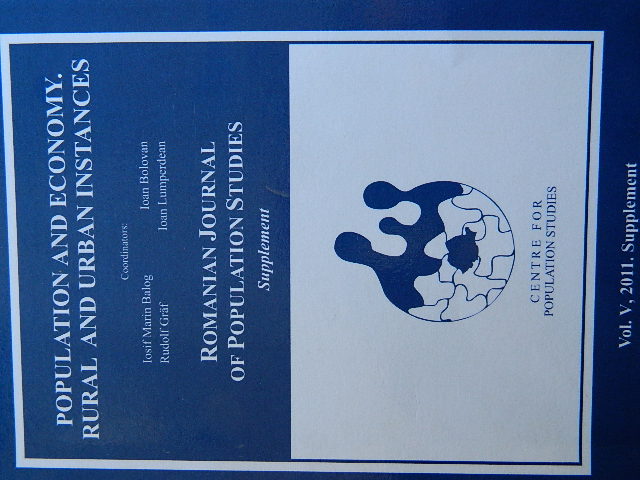The Financial Guard and the State Monopoly over Alcohol in Romania in the 1930s
The Financial Guard and the State Monopoly over Alcohol in Romania in the 1930s
Author(s): Oana Mihaela TămasSubject(s): History
Published by: Centrul de Studiere a Populaţiei
Keywords: Financial Guard; alcohol; distilled beverages; alcohol monopoly, legislation; control.
Summary/Abstract: The Alcohol Monopoly Law of 1932 introduced in Greater Romania a partial monopoly exercised on industrially distilled beverages. State monopoly did not apply to fermented beverages (wine, beer) and distilled beverages produced in households, with traditional boilers, but they were subject to consumption taxes. Under pressure from the large landowners, the consumption of industrial spirits made from grain was permitted, which, on the one hand, would prove detrimental to viticulture and fruit brandy manufacturers and, on the other hand, would contribute to the perpetuation of a high level of alcoholism. Re-established by this law and extended to the level of the entire country, the Financial Guard was not only the main instrument for implementing and exercising control over the alcohol monopoly, but was also empowered to oversee other fiscal areas subject to consumption taxes. An elite body of the Romanian Finances in the 1930s, the Financial Guard benefited from the outstanding experience of many employees who had been trained in the similar pre-war institution from Austria-Hungary. Amongst them, Chief Inspector Stefan Zopa had a decisive contribution to the formation and organisation of the modern Romanian Financial Guard after the prerequisites of a military system.
Journal: Romanian Journal of Population Studies
- Issue Year: 5/2011
- Issue No: Supplement
- Page Range: 173-189
- Page Count: 17
- Language: English
- Content File-PDF

